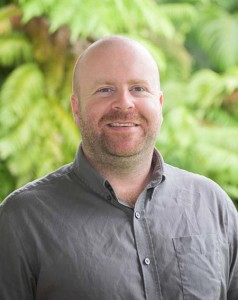By: Robert Trout, MA
Primary Therapist
I cannot tell you how many times over the last decade that I have worked in wilderness and outdoor behavioral health programming I have heard the statement made by families, young adults, and teens that “this is not real”. ‘This’ being the setting of being outdoors and outside for a wilderness program. In my experience this is usually heard in reference to the experience of sitting in the silence of immense beauty after experiencing a moment or time period of growth, opening or realization. Each time I have personally heard this (as recently as yesterday) I have this moment where I reflect on my personal experience of this feeling and have a thought that comes up saying “but it is the only ‘real’ I know”.
I myself have climbed the mountains, walked the deserts, felt the freeze and heat, planted the seeds, seen the hidden shadows and heard the call of wild and mysterious questions. I too have thought “this is not ‘real’” and wondered “How does this help me in our world of buildings, social groups, Internet, schools and family?” But now I want to be honest: Sitting in the quiet beauty witnessing transformation, growth and the re-opening of purpose, meaning and passion is the most powerful experience of my life. So I must ask the question: Is wilderness the ‘real’ and the outside world the place where we create challenges, struggles and games to test what we learned about ‘the real us’ we found in this ‘wilderness’ or is there something that ties both together?
As I reflect on this question I start to see that maybe we have lost sight of ourselves and convinced our minds that ‘real’ is something outside of ourselves. In my work at Pacific Quest I find that I challenge my students with seeing that the ‘real’ is that they have come here. Their personal experiences of this place, the people, ocean, volcanoes, land and plants become ‘real’ because they are here to experience them. That is the ‘real’ that moves forward into the ‘outside world’. Their experiences are the ‘real’.
The meaning we take from our experiences is what, in the end, will define “real”. It is our relationships and experiences together that create transformation, hope and change. As Carl Jung states: “The meeting of two personalities is like the contact of two chemical substances: if there is any reaction, both are transformed.”
So as I sit in the beauty witnessing a kid’s eyes ignite with understanding and hope, we are both transformed and a piece of who we are solidifies into a ‘real’ that we will carry with us no matter where we go in our lives. The question is, “What will we choose to do with that power now that we have it?”
“I am not what happened to me; I am what I choose to become.” ― Carl Jung
